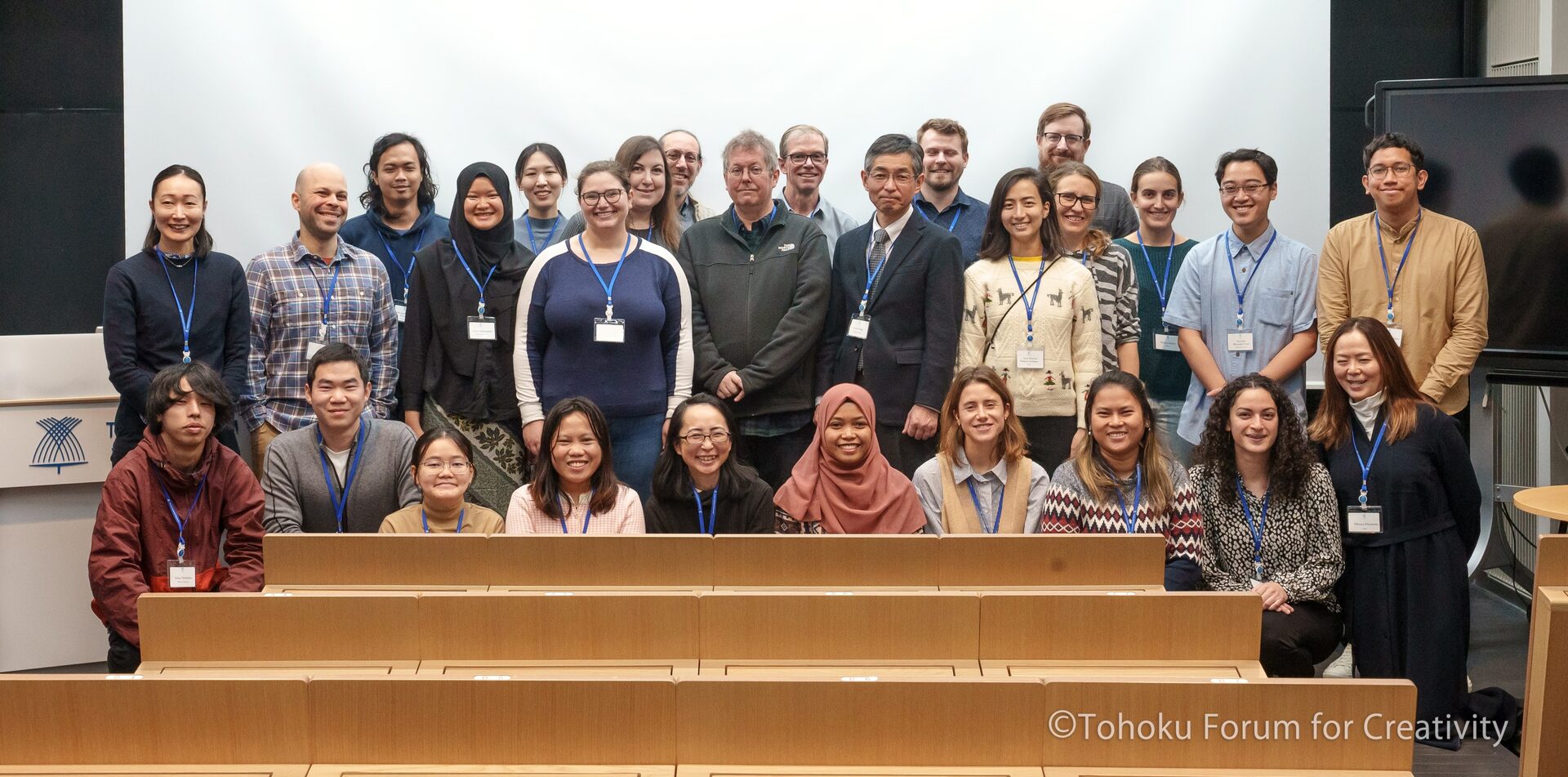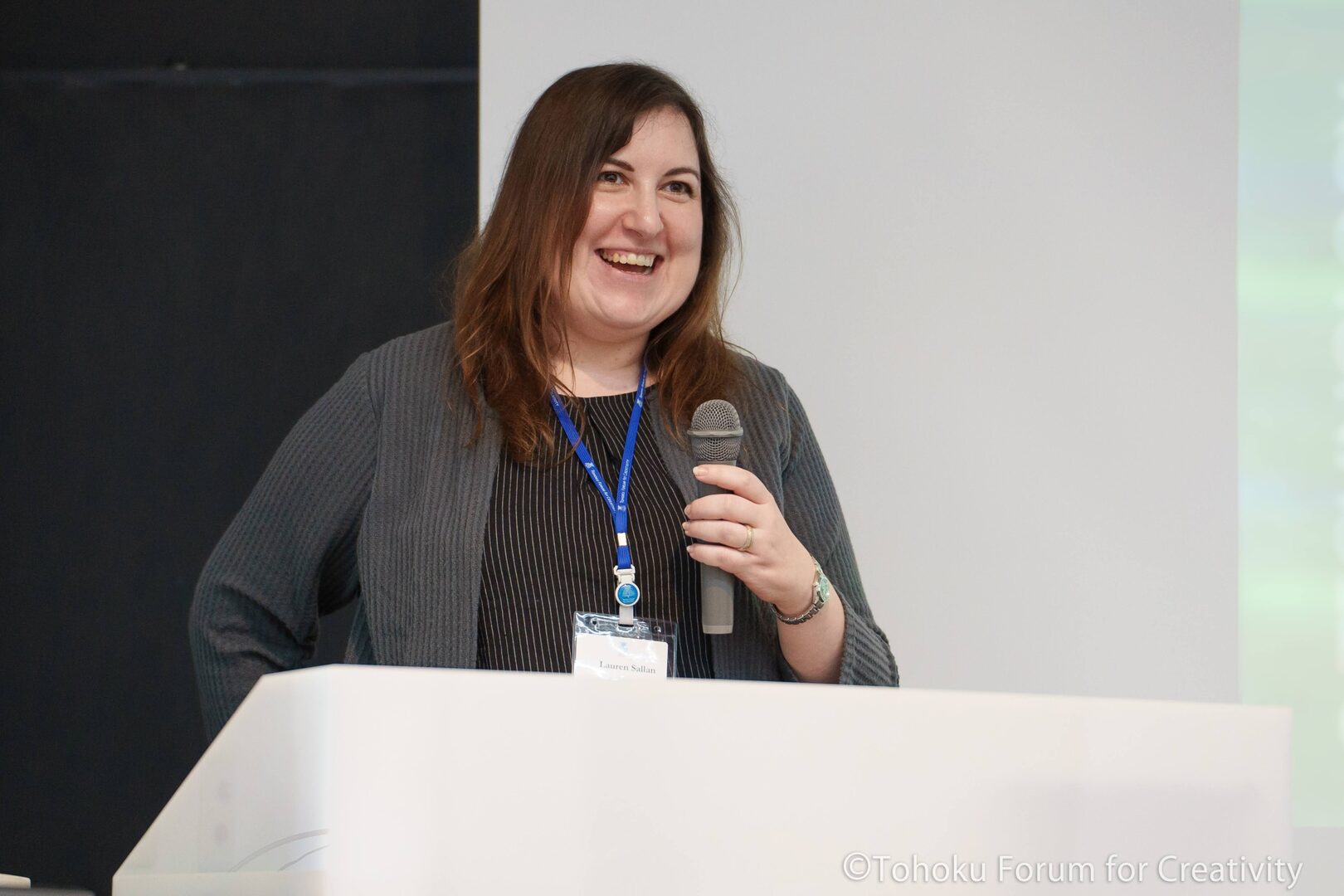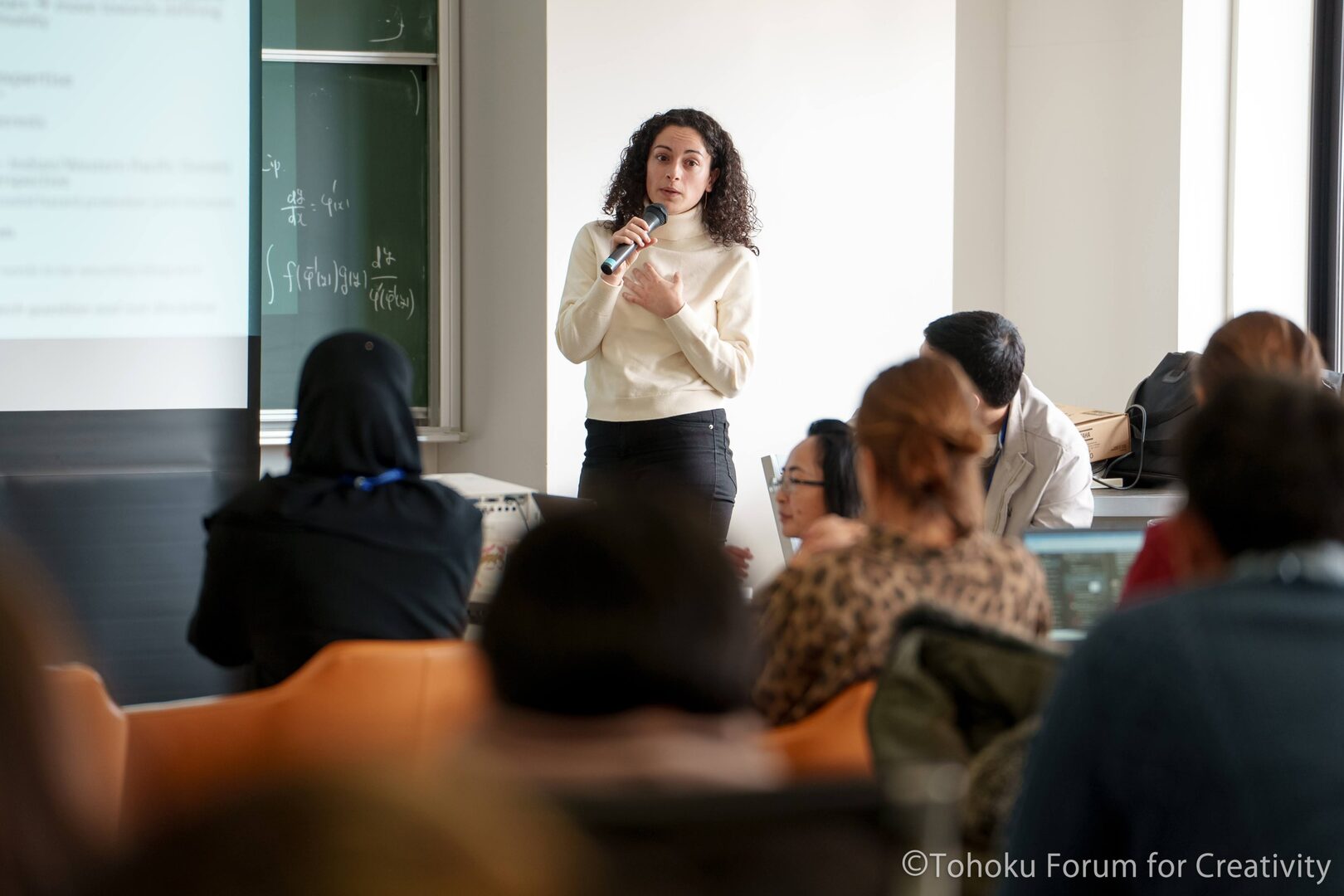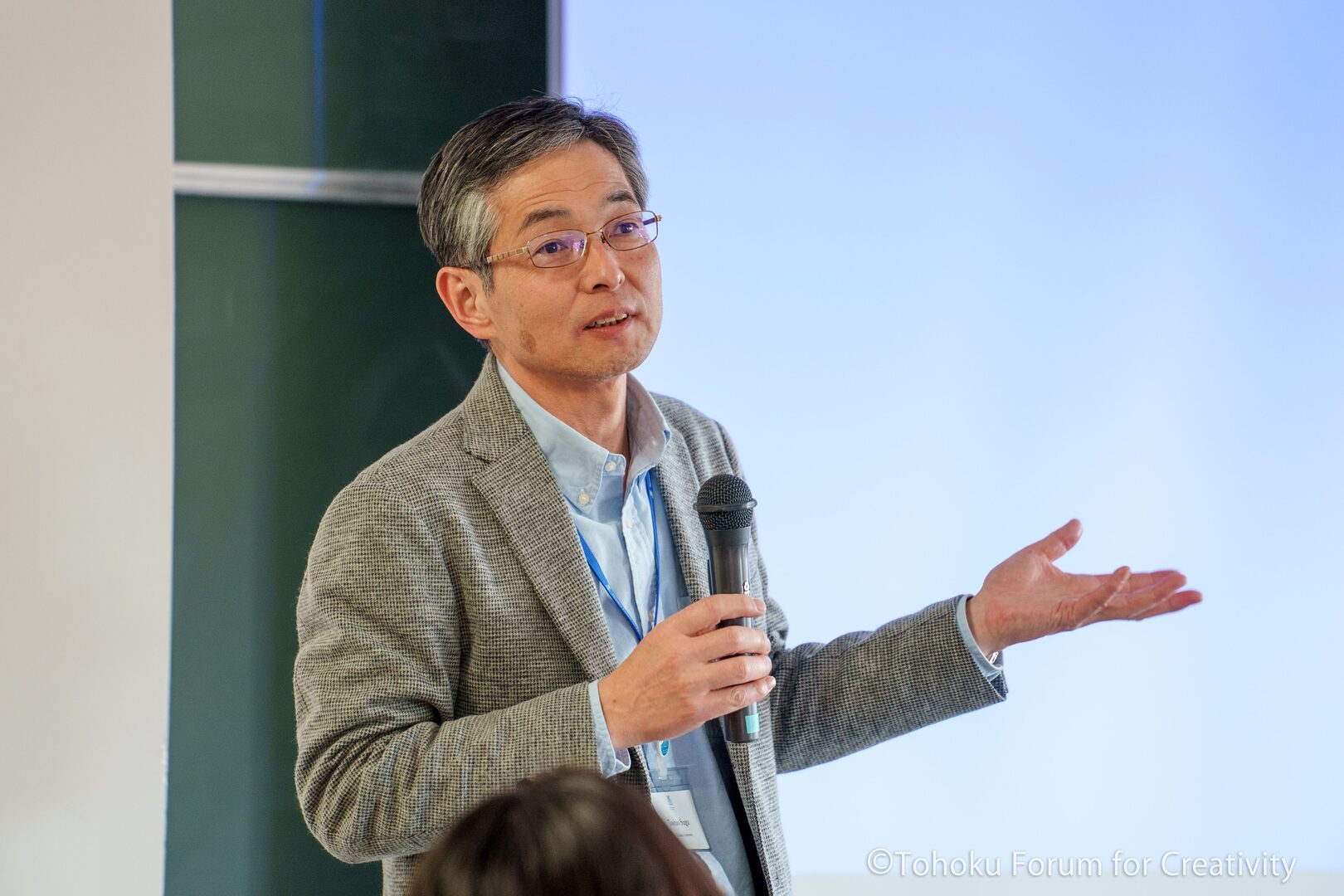Event Report: OIST-Tohoku U Thematic Program Workshop

The Thematic Program “Pathways Toward an Integrated Understanding of the Marine Environment and Marine Ecosystems” (5-6 December 2023) leads to consolidating the OIST-TOHOKU alliance and demonstrates what young researchers can achieve.
by Hiroyo Clemente and Mari Bergsvåg
Within the OIST network, Tohoku University is one of the main partners. Scientists from the two universities have met several times during the recent years. In their joint Thematic Program series: “Integrated Understanding of Marine Environment and Marine Ecosystems”, OIST researchers contributed by rigorously collaborating and successfully co-hosting two events; an International Symposium in October, and an International Workshop now in December. Both meetings of the Thematic Program including the workshop fit particularly well in the Memorandum of Understanding for comprehensive collaboration and cooperation cosigned by OIST and Tohoku University in January.
It had been agreed that the December workshop would give more space to young scientists and students, and the event was coordinated solely by young PIs and researchers. Learning how to better preserve ocean life is recognized as particularly urgent given the rather brutal changes imposed on the climate. Research in this area must advance in a short period of time and young scientists and students must receive the most up-to-date training in order to contribute to solutions to this major problem.
While Tohoku University has a strong and long-standing tradition of research/teaching in marine biology/ecology, OIST is relatively new to this field. However, OIST has been able to build in a short time several units, the members of which participated in the meeting. These included PIs, postdoctoral researchers and doctoral students from seven OIST units (Armitage, Bandi, Husnik, Laudet, Luscombe, Ravasi, Sallan). OIST PIs and Jamie Kass (former Posdoc of OIST, now assistant professor of Tohoku U) were the mentors of working groups, which gathered young researchers from distinct disciplines.






There were also external participants, including Dr. Y. Masuda from the Japan Fisheries Research and Education Agency. Research alliances should indeed include applied research institutions as much as possible. If new knowledge makes it possible to better preserve ocean life and ecosystems, it also guarantees an efficient and more rational exploitation through fisheries, aquaculture and marine biotechnologies.
Finally, the meeting benefited from the very notable support of JAMSTEC, the Japan Agency for Marine-Earth Science and Technology. This clearly demonstrates the current and future importance of institutional synergies within the Japanese academic system.



